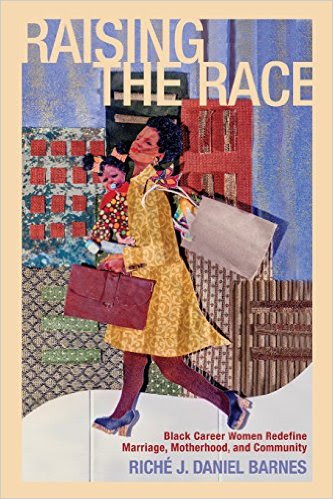The editors of Anthropoliteia are happy to relaunch the second semester of an ongoing series The Anthropoliteia #BlackLivesMatterSyllabus Project, which will mobilize anthropological work as a pedagogical exercise addressing the confluence of race, policing and justice. You can see a growing bibliography of resources via our Mendeley feed. In this entry, Riché Barnes discusses #BlackFamiliesMatter, especially Black mothers.
I was just about done with this blogpost when given this weekend and the past week’s news I had to regroup. The Trump administration’s war on families picked up momentum this week with yet another assault. As I watched people gathered in airports with hand-made signs reading “we want grandma,” while journalists interviewed people waiting, hoping, and praying their loved ones would not be detained, or worse, deported. As I heard people repeatedly say, “we talked to him as he was boarding the plane,” but we haven’t heard from him since,” I was immediately taken to that old refrain of not hearing or getting word, but somehow knowing something awful had happened and it would change the course of your life forever. Continue reading
